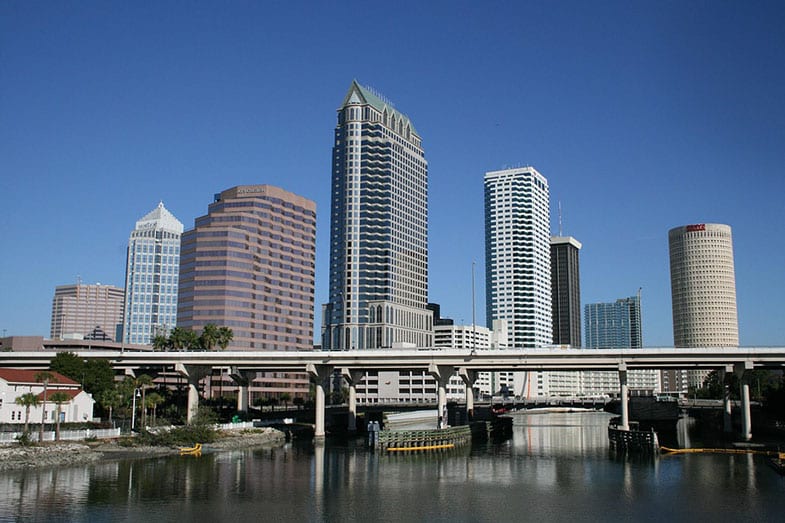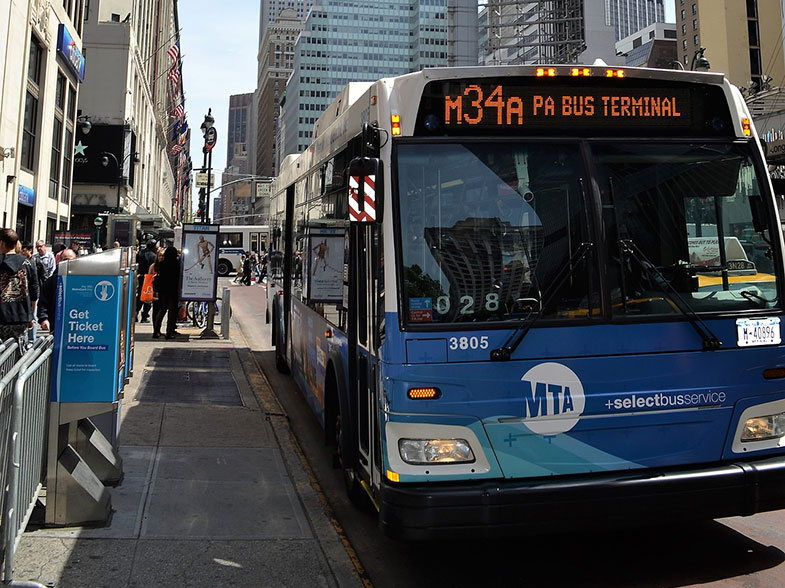When choosing the ideal place for retirement, there are several factors to consider before making a choice. There’s the cost of living, mobility, health care, available amenities, and privacy, to name a few.
The comparison between a small town and a big city as to which is better for retirement remains to be a debate. In a 2017 survey, 67.2% believed that small towns are better locations for retirement, while 32.8% said that big city living is the better option. However, a 2019 survey reveals that 53% of retirees make a choice based on the cost of living as well as proximity to close family and friends. This means that the remaining 47% had other factors considered, such as medical care and accessibility. Whatever the case may be, it depends on the retiree’s personal preferences and lifestyle choices.
To help you decide which location is fit for your retirement needs, let’s investigate the different aspects of living, both in a small town and in a big city.

Costs
The financial aspect is one of the most crucial factors since a retiree’s ultimate goal is to enjoy life after retirement without worrying about money. According to statistics gathered by MedAlertHelp.org, 36% or retirees state that their financial situation has declined.
There would be some difficulties, especially if the retirement nest egg is not big enough to meet your lifestyle needs. In the same survey, 40% of retirees have moved to a new home mainly to reduce living expenses. Other factors included being closer to family and friends and enjoying a better climate.
That being said, consider the cost of properties and other basic needs in a particular place when choosing the best place to live.
In this case, small towns have the upper hand, mainly because the cost of a property is significantly lower than in big cities. You can buy an extensive property in a small town for a lower price compared to a studio-type apartment or condo in a big city. If you want to have a more spacious living space, then there are a lot of houses up for sale in the suburbs and small towns that are perfect for retirement.
As for the cost of living, big cities can be more expensive than a small town. Prices in a town are generally cheaper than in the city. And with all the shops, restaurants, and various amenities available, there’s no limit as to where you can spend your money on. Small towns, in contrast, have fewer restaurants and less plentiful shops. Establishments in a town also close earlier compared to the late-night and 24-hour stores in cities. As such, you may opt to cook dinner at home instead of eating out. You are also less tempted to spend money because there’s not much that will induce impulsive buying.
In the long run, living in a large city takes a big chunk out of your retirement savings compared to small town living. Nevertheless, it depends on the lifestyle you want to adapt to.
Mobility

Transportation options between a big city and a small town differ in some ways. Small towns have limited transportation, requiring you to drive if you want to get to some establishments. Depending on where you live, shops or hospitals may be a 10 or 15-minute drive from your house. This could become a problem, especially if you don’t have family living with you, as eventually, you wouldn’t drive anymore.
Big cities, on the other hand, have public transportation which you can take. If you live somewhere that is near most establishments; you could walk or bike to get to places. Restaurants, theaters, parks, and grocery stores are usually found within each other’s vicinity in cities.
If you want to live in a small town, it would be ideal to choose a place that is also near different amenities so you wouldn’t have a problem getting around.
Community
Another factor that retirees must consider is the community in the location you want to live in. If you’re a private individual who likes to keep things low-key, then the city life might be for you. Usually, you only get to know a few people when you live in the city. It might be your next-door neighbor, the doorman, and a few friends. These people may not really know your personal business, and if that’s your vibe, then the city is a suitable place.
Conversely, small towns have close-knit communities – which might be good or bad depending on your preference. For one, people in small towns note you in their book, especially if you’re a newcomer. Most people will know your name, what you did for a living, your interests, and eventually, your routine. You will run into people who want to get to know you and make you feel welcome.
If you’re interested in assimilating into a new community, then small towns are a great location, especially if you want to make yourself useful. There is a bit of social pressure to get involved, creating opportunities for you to engage in activities and socialization.
Small towns do have this sense of community where everybody is a member who plays a part. The real advantage of this is that you will have friendly neighbors who will check up on you and see how you’re doing.
Ambiance and Activities
The busy city and the quieter small town – which do you prefer? Imagine your dream retirement life and ask yourself a few questions. Do you want to live in the active bustle of the city, or a peaceful small town surrounded by nature? Do you like the busy streets and the abundance of activities, or do you prefer a slower pace and spending quieter afternoons listening to the sounds of nature?
In cities, you are closer to plenty of activities that will keep you busy. You have access to almost everything, senior discounts on establishments, senior privileges, and a multitude of services you can avail conveniently. However, cities also mean big crowds, polluted air, and noise.
In contrast, small towns are closer to nature, fresh air, and fewer crowds. However, the number of activities you can do may be limited compared to the city. Nevertheless, living in a small town doesn’t necessarily mean seclusion.
Most towns have theaters, parks, libraries, sports fields, and other attractions. Festivals and town picnics may also be a thing, depending on where you live. In tourist towns, there may actually be a lot you can do, the same as in the city. Be sure to check the activities you can do in a specific town to see if it fits your needs.
Medical Care

One primary concern of retirees when choosing a location is the medical care in the area. For sure, there are many big hospitals and high-end medical care in cities. When a medical problem arises, it’s easy to contact paramedical staff and find a hospital that has top-notch care.
In some towns, hospitals may be a 15 or 30-minute drive away. This could be an issue, especially if transportation is not readily available. Still, this is not the case for all the small towns. Many towns have built top-ranking and reliable health systems.
One good example is the Mercy Gilbert Medical Center in the town of Gilbert, Arizona, which is a medical and surgical facility with a high-performance rating, ranking 8 in Arizona.
If you’re moving into a small town for retirement, check the medical facilities in the area. Do some online investigating or ask the locals about the first-aid response and medical care provided by nearby hospitals.
Safety
As you age, you do have more safety concerns to consider.
For instance, you move slower as you get older. Thus, it might be harder to keep up with the fast pace of big cities. Take extra caution when crossing the street or walking in crowded areas. Also think about the traffic, noise, and congestion in a city, as these factors may present some safety issues as well.
If you live in an apartment without air conditioning, urban heat is another thing that may pose health concerns.
As for the crime rates, it might be easy to assume that small towns are safer than big cities. The reality is more complicated than that, as data reveals that the risk of accidental injury in small towns is 40% higher, but accidental death in cities are 22% more likely.
Crime rates depend on many factors, and merely making assumptions lead to believing in falsities. Talk to the local police or do your research.
The Bottom Line
Choosing between living in a small town and a big city for retirement depends on your preferences and lifestyle choices. It’s important to consider not just the financial aspect of retirement, but also other retirement needs such as transportation, activities, privacy, ambiance, medical care, and safety. Whichever location you choose, it should be somewhere you can have a happy and enjoyable retirement.
